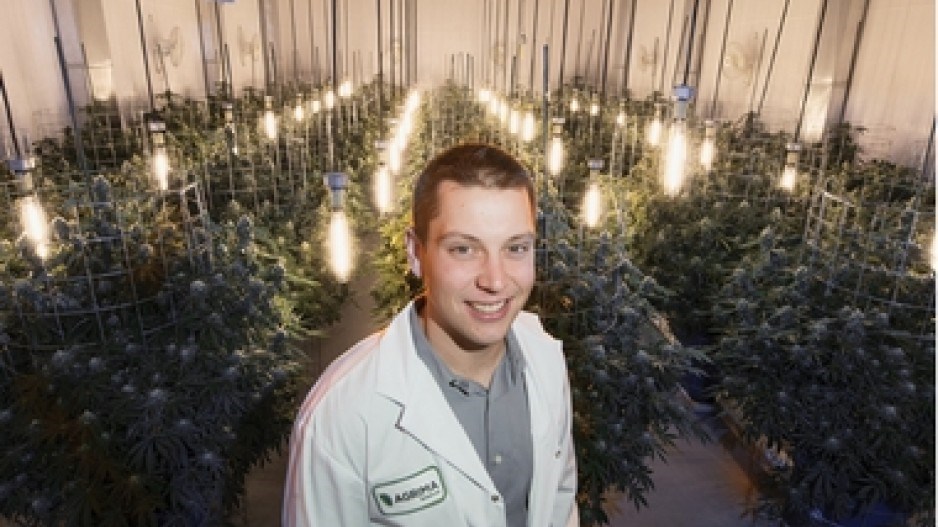What happened: Health Canada has revoked the production and dealer’s licences at Vancouver-based cannabis producer Agrima Botanicals Corp., a subsidiary of Ascent Industries Corp. (CSE:ASNT).
Why this matters: This is the first time that the federal cannabis regulator has taken that step with any licensed producer.
The revocation of the licences comes a week after Health Canada issued a non-compliance order to Ontario's CannTrust Holdings Inc. (TSX:TRST) – a company that had intended to expand operations to B.C. A third company that has been in hot water with the nation's cannabis regulator is Manitoba's Bonify, which has also had its licences suspended.
Agrima's problems with Health Canada started late last year when Health Canada suspended its licences due to “unauthorized activities with cannabis.” Rumours swirled at the time that the company’s products were ending up in illegal dispensaries.
Ascent appealed the decision in December, when it laid off 30 Canadian employees, or 36% of its Canadian workforce.
It then signed a deal in March to sell its Canadian assets to BZAM Management Ltd., an affiliate of Gulf Bridge Ltd.
Health Canada’s did not put out a news release about its decision to revoke Agrima’s licences. Instead it updated the status of the company’s licences on Health Canada’s listing of licensed Canadian cannabis producers.
Business in Vancouver has been covering Agrima since 2014, when then-CEO James Poelzer had big dreams for his venture and was in the early stage of applying for licences.
He left the company late last year along with then-CEO Philip Campbell and then-COO Reid Parr.
In October 2018, or about a month before those departures, Campbell told BIV that his company was banking big on cannabis-infused drinks. He said that he believed that he had found the answers to two main obstacles in making cannabis-infused drinks – something that many believe are still big challenges even for major conglomerates, such as Constellation Brands (NYSE:STZ).
Agrima at the time had a cannabis-growing operation and lab in Maple Ridge and it had applied for a patent on a compound that Campbell said could be added to infused drinks with the effect of making cannabinoids water soluble. Water solubility is key for the success of cannabis-laced beverages because it means that drinkers will be able to feel the effects in about 15 minutes, instead of about an hour and a half.
Campbell told BIV at the time that he had also been able to get around the other main obstacle to making a successful cannabis-laced beverage – foul-tasting cannabinoids.
He said that the taste that people associate with cannabinoids is not from the pure cannabinoid, but rather from waxes, lipids, chloroplasts, chlorophyll and other trace compounds that compose about 30% of the oil after an initial extraction with a solvent.
Agrima, he said, distils that initial extraction to eliminate those compounds and create relatively tasteless cannabinoid oil.
With the legalization of cannabis edibles and cannabis-infused drinks becoming legal as of October 17, and likely to be in stores early in the new year, it will be other companies that will lead the way in forging sales for those products.




